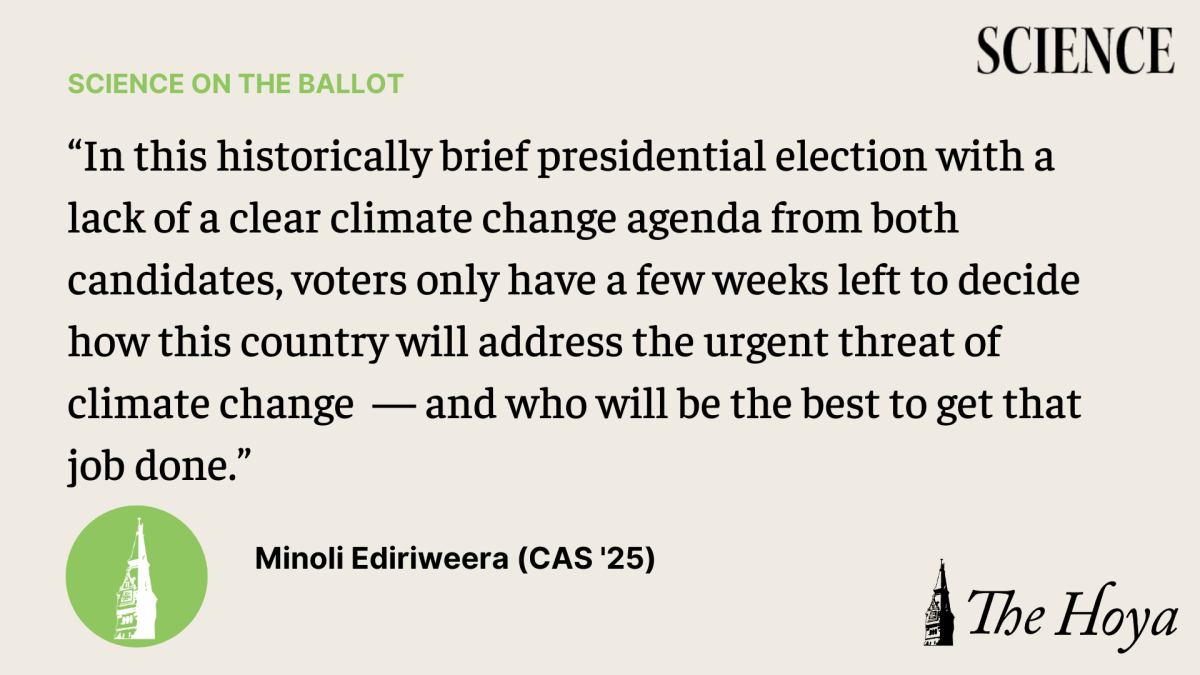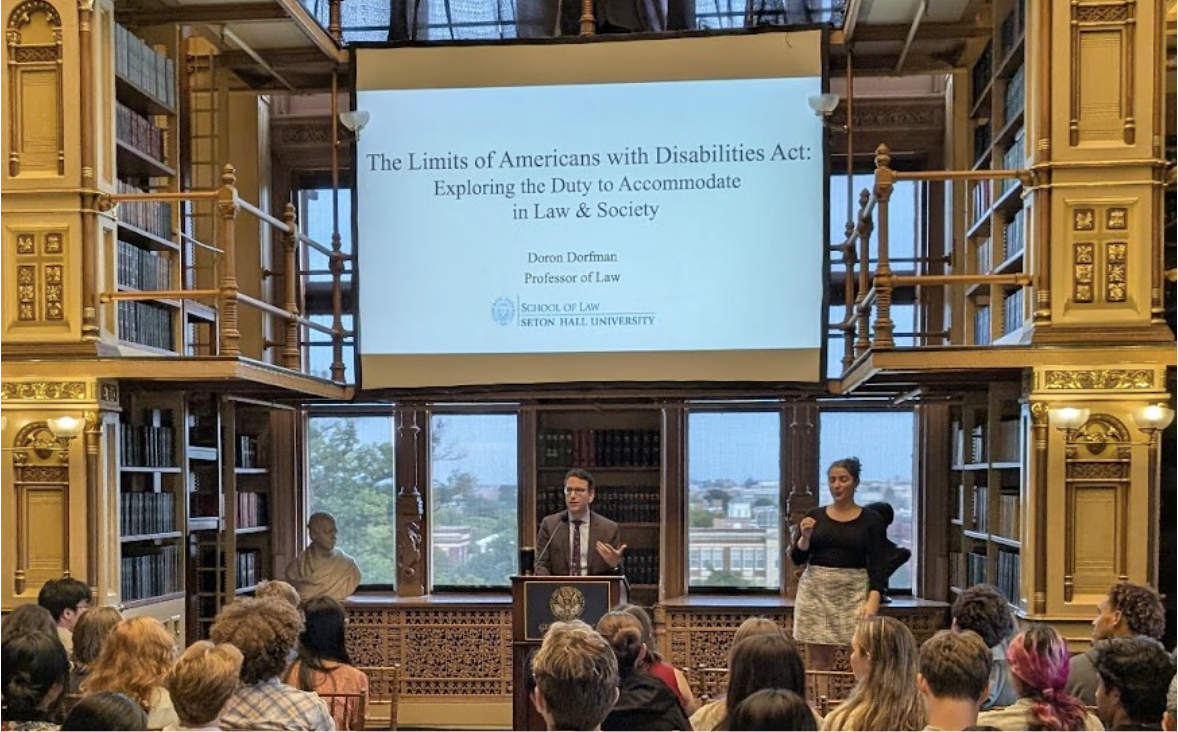Climate policy is on the minds of many U.S. voters in the upcoming presidential election, with scientists predicting that the destruction caused by climate change will be irreversible as soon as 2030. The issue has divided the nation for decades, with some wanting stronger federal action on climate change and others fearing that such action would threaten jobs in industries that produce non-renewable energy, such as coal mining. The proposed policies of both candidates, Vice President Kamala Harris and Former President Donald Trump, are starkly different in their approaches to addressing climate change and sustainability in the United States.
For Harris, combating climate change to protect the well-being of the nation and its inhabitants means respecting a fundamental freedom of U.S. citizens, according to her Aug. 22 speech at the Democratic National Convention. Harris is backed by numerous environmental groups but has yet to share her campaign’s official climate change agenda. As vice president, Harris was involved in the passage of the Biden administration’s Inflation Reduction Act (IRA), a major piece of climate legislation that offers approximately $370 billion in subsidies to promote the use of renewable energy and electric vehicles.
However, fossil fuel production, which has boomed under President Joe Biden, particularly in the aftermath of the COVID-19 pandemic, contributes to the climate change crisis. Therefore, Harris’ plan to continue the Biden administration’s ambitious climate goals will become more difficult to achieve as she must attempt to promote a transition to renewable energy without unraveling the economic growth and jobs created by this fossil fuel use.
Trump, who has repeatedly denied the science behind climate change, spent his first term as president repealing many progressive climate policies. He withdrew the United States from the United Nations Paris Agreement, an international treaty adopted by 195 countries that aims to limit global temperature increases and reduce greenhouse gas emissions to net zero by 2100. Trump also rolled back numerous policies instituted by the administration of former President Barack Obama, including policies to create greenhouse gas emissions standards for trucks and passenger cars and mandates requiring companies to report their methane emissions.
If reelected, Trump aims to undo many of Biden’s current climate policies and withdraw the United States from the Paris Agreement once again. He has been critical of the IRA for promoting a transition to electric vehicles in the United States, falsely claiming that Harris supports an electric vehicle mandate that will destroy the automobile industry. While Harris recently changed her position to support fracking for oil and natural gas — a practice that can cause earthquakes, air pollution and water contamination — Trump has been a strong supporter of the practice. Unlike Harris, who wants to increase renewable energy production alongside fracking, Trump believes that the renewable energy industry is unreliable and opposes many clean energy policies.
In the most recent presidential debate between Trump and Harris, hosted by ABC Sept. 10, the final question pressed both candidates on their stances on climate change. Both Trump and Harris were asked what they would do, if elected, to combat climate change. However, both candidates failed to provide concrete plans to address the issue for their potential term.
Harris acknowledged the threat of climate change, citing the destructive impacts that extreme weather events caused by climate change are having on homeowners around the country. She also criticized Trump for previously claiming that the phenomenon is a “hoax,” but did not give information about her own campaign’s proposed climate policy. She described the Biden administration’s investments in clean energy but counterintuitively expressed pride in the significant growth in domestic natural gas production that has occurred over the last four years.
Trump, on the other hand, ignored the question entirely and used his response time to criticize the Biden administration’s manufacturing policies. In his closing argument, he criticized Harris’ climate policies, falsely stating that Harris wants to currently get rid of fracking — though she had once been a proponent of a fracking ban — and arguing that people in the United States do not want to give up fossil fuels.
Climate change proves to be a crucial and divisive issue in this year’s election. A July poll conducted by The Associated Press noted that 53% of voters trust Harris “A lot/Some” with addressing climate change, while 31% were able to say the same for Trump. In this historically brief presidential election with a lack of a clear climate change agenda from both candidates, voters only have a few weeks left to decide how this country will address the urgent threat of climate change — and who will be the best to get that job done.




